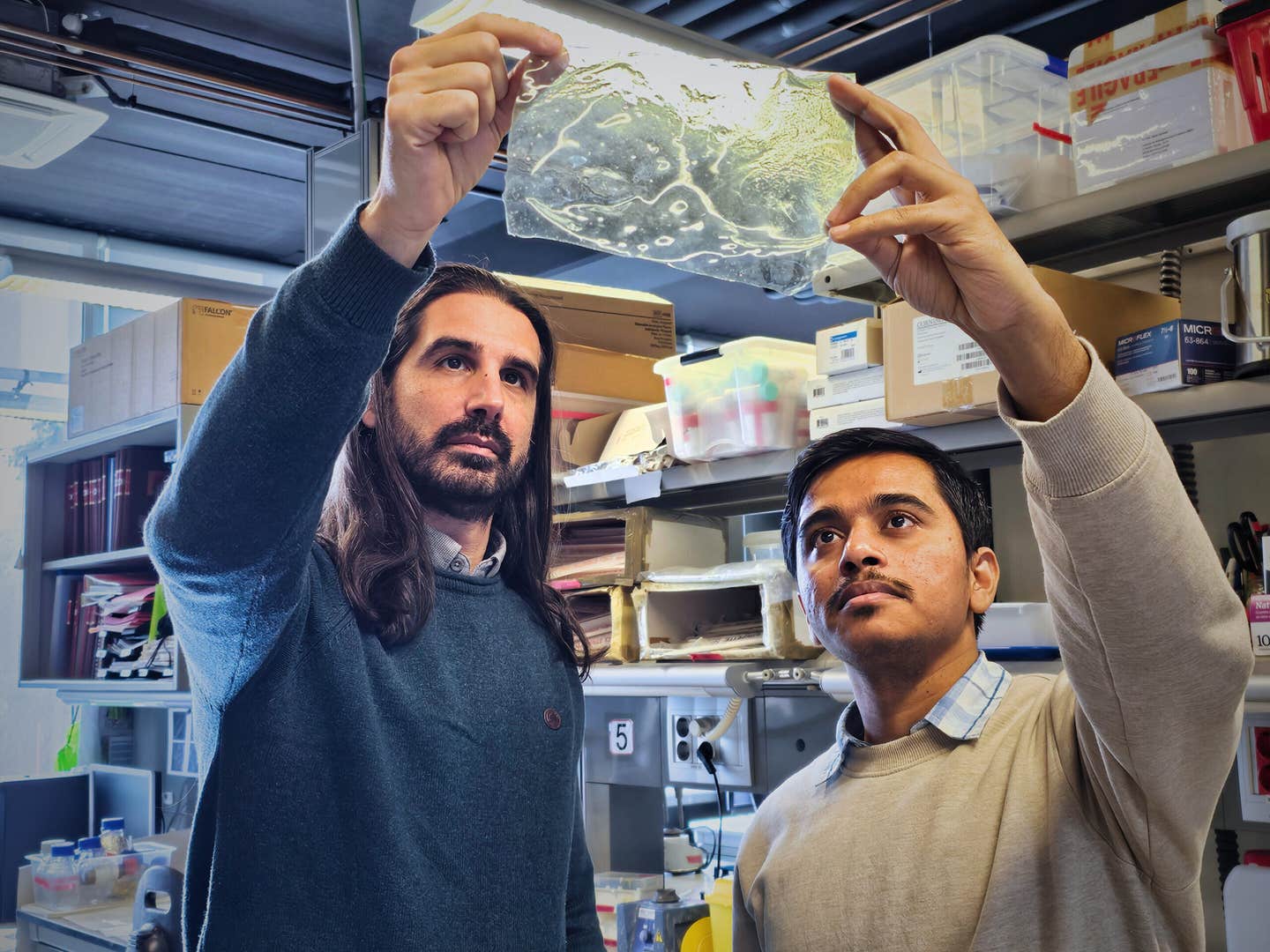Breakthrough study links vaccines to reduced Alzheimer’s risk
New study finds that certain adult vaccines may significantly reduce your chance of developing Alzheimer’s disease.

Researchers have found that the tuberculosis BCG vaccine may also help lower the risk of developing dementia. (CREDIT: iStock Photos)
More than 6 million Americans currently live with Alzheimer's disease, a number predicted to rise as our population ages. Researchers continue searching for ways to prevent or delay Alzheimer's, leading to new findings on how routine adult vaccinations might help.
Vaccines Linked to Lower Alzheimer’s Risk
A recent study from McGovern Medical School at UTHealth Houston revealed that receiving certain adult vaccines may significantly reduce your chance of developing Alzheimer's disease. Published in the Journal of Alzheimer's Disease, the research offers new insights into the relationship between vaccines and brain health.
Led by Kristofer Harris and Yaobin Ling, with senior author Paul E. Schulz, MD, the study built on previous research. Schulz’s team previously found that individuals vaccinated against influenza had a 40% lower Alzheimer's risk compared to those unvaccinated.
In this latest study, researchers evaluated adults aged 65 or older without dementia at the start of an eight-year monitoring period. The analysis compared vaccinated and unvaccinated individuals, focusing on vaccines such as Tdap/Td, shingles (HZ), and pneumococcal immunizations.
The results were clear: people vaccinated with Tdap/Td were 30% less likely to develop Alzheimer's. Similarly, shingles and pneumococcal vaccines showed a reduced risk of 25% and 27%, respectively.
How Vaccines May Protect the Brain
Scientists believe several mechanisms could explain this protective effect. Vaccines might reduce overall inflammation in your body or help your immune system fight infections that could otherwise speed up cognitive decline.
Related Stories
Paul E. Schulz explained this theory clearly: "We and others hypothesize that the immune system is responsible for causing brain cell dysfunction in Alzheimer's. The findings suggest to us that vaccination is having a more general effect on the immune system that is reducing the risk for developing Alzheimer's."
Expanding further, Avram Bukhbinder, MD, co-author of the study, suggested vaccines might alter how your immune system reacts to the buildup of harmful proteins in your brain, characteristic of Alzheimer's. "Vaccines may change how the immune system responds to the build-up of toxic proteins that contribute to Alzheimer's disease, such as by enhancing the efficiency of immune cells at clearing the toxic proteins," he said.
Importance of Vaccination Data
The study utilized advanced analytical tools and large-scale healthcare data to ensure robust and reliable results. Yaobin Ling pointed out the significance of this approach, stating, "It's particularly encouraging to observe consistent results across numerous large-scale healthcare databases."
Xiaoqian Jiang, PhD, another key researcher from McWilliams School of Biomedical Informatics, highlighted the role of these extensive data sets, stating they "gained valuable insights into which vaccines may protect against Alzheimer's."
The importance of these findings is further emphasized when compared to current Alzheimer's treatments. Existing therapies involving anti-amyloid antibodies slow Alzheimer's progression by about 25% to 35%. This vaccine-based prevention strategy, offering similar or even greater risk reduction, highlights a powerful and accessible alternative.
Understanding Tdap and Td Vaccines
The Tdap vaccine protects you from three diseases: tetanus, diphtheria, and pertussis (whooping cough). Tetanus bacteria live in soil and dust, entering your body through cuts to cause muscle stiffness and spasms. Diphtheria, a bacterial respiratory disease, leads to severe breathing problems and heart issues. Pertussis is highly contagious, causing severe coughing fits, especially dangerous for infants.
Td is a booster vaccine for adults that protects against tetanus and diphtheria. Health authorities recommend Tdap for adolescents around age 11 or 12, and it’s essential for adults, especially pregnant women, during each pregnancy. Td booster shots are necessary every 10 years to maintain immunity or after severe injuries if your last dose was more than five years ago.
Kristofer Harris emphasized the broader public health significance of their findings. "Our findings are a win for both Alzheimer's disease prevention research and for public health in general, as this is one more study demonstrating the value of vaccination," Harris said.
A Promising Path Forward
This new study strengthens the argument for routine adult vaccinations beyond traditional disease prevention. Alzheimer’s disease remains incurable, but preventing it by using accessible healthcare measures like vaccination provides hope. Continued research might clarify exactly how vaccines achieve this protective effect, potentially leading to new preventive strategies.
Future studies will explore additional details of the immune system's role in Alzheimer's. For now, healthcare professionals urge adults to keep current with recommended vaccinations, emphasizing these routine shots as vital tools in maintaining cognitive health.
Alongside Harris, Ling, and Schulz, this research included efforts by Kamal Phelps, MD; Gabriela Cruz; Jenna Thomas; Luyao Chen, MS; Yejin Kim, PhD; and Xiaoqian Jiang, PhD.
This groundbreaking study adds an exciting chapter to Alzheimer's prevention efforts, reinforcing the critical role of vaccinations for maintaining brain health as you age.
Note: Materials provided above by the The Brighter Side of News. Content may be edited for style and length.
Like these kind of feel good stories? Get the Brighter Side of News' newsletter.



